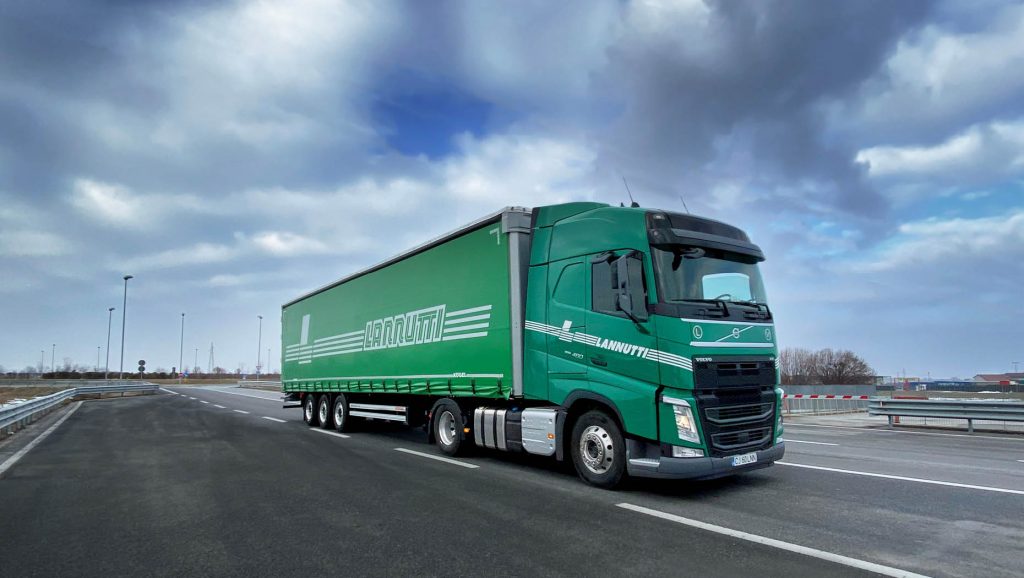Swedish automotive giant Volvo Group plans to produce the world’s first vehicles to be made from fossil fuel-free steel, with the first vehicles expected later this year.
The race to decarbonise more than just a vehicle’s operating emissions is on, with automakers around the world investigating and investing in fossil fuel-free materials production.
Volvo has signed a collaboration agreement with Nordic steel giant SSAB which will see the two companies work together on research, development, serial production, and commercialisation of the world’s first vehicles to be made from fossil fuel-free steel.
Volvo has promised to begin manufacturing the first concept vehicles and machines with fossil fuel-free steel from SSAB in 2021, and this will be followed by smaller-scale serial production in 2022, leading into gradual escalation towards mass production.
Martin Lundstedt, President and CEO at Volvo Group
We are determined to be a climate-neutral company by 2050 in line with the Paris Agreement. This means that our vehicles and machines will be emission-free when in operation but also that we will review the materials, like steel, used in our products and will gradually switch to fossil-free alternatives here as well. This is an important step on the road to completely climate-neutral transports.
Volvo and SSAB, which is partly owned by the Finland Government, will also work together in research and development so as to optimise the use of steel in Volvo’s products with regards to weight and quality.

“We are now taking a giant leap towards an entirely fossil-free value chain all the way to the end customer,” said Martin Lindqvist, President and CEO at SSAB.
SSAB joined with two other Swedish giants, power company Vattenfall and government-owned mining company LKAB, to use HYBRIT (Hydrogen Breakthrough Ironmaking Technology) to build the world’s first production plant for fossil fuel-free sponge iron – an emissions-free steel production plant, using fossil-free feedstock and fossil-free energy in all parts of the value chain.
Test operations at the pilot HYBRIT plant in Luleå, Sweden, began in late-August 2020, and just last week the three companies announced that they had begun building a rock cavern storage facility for fossil fuel-free hydrogen gas on a pilot scale next to their Luleå pilot facility.
SSAB is not the only European steel giant making plans to decarbonise its steel production, with German industrial and steel production giant Thyssenkrupp announcing earlier this year that it would work with German energy company Steag to build a 500MW hydrogen electrolysis plant designed to power the company’s steel production.
The resulting 500MW HydrOxy Hub Walsum project is expected to be connected to the grid and producing green, renewable-powered hydrogen as soon as 2025.
